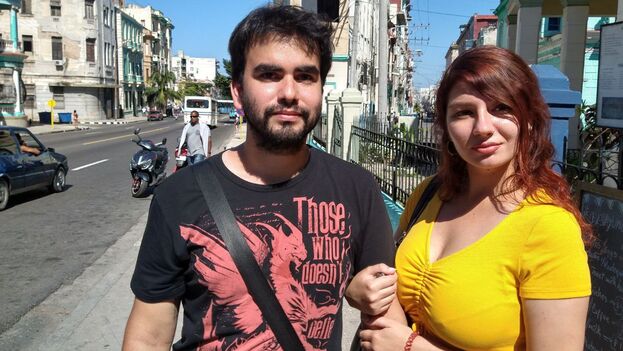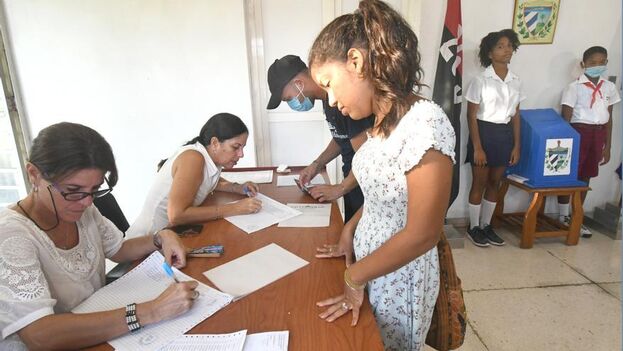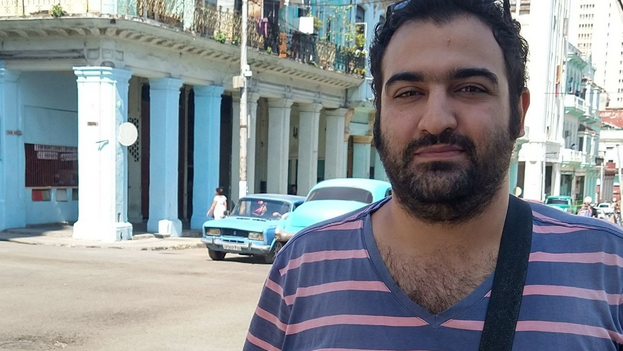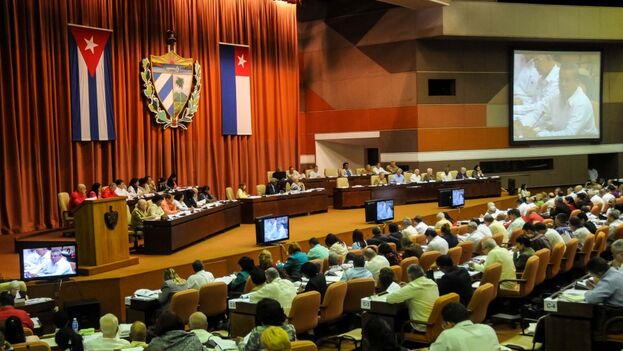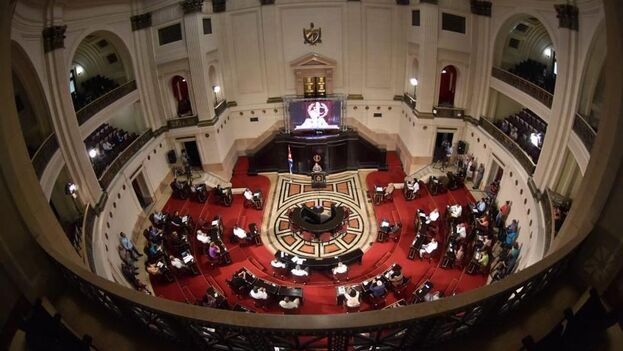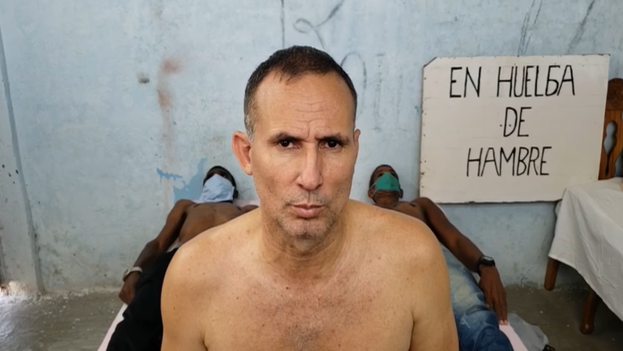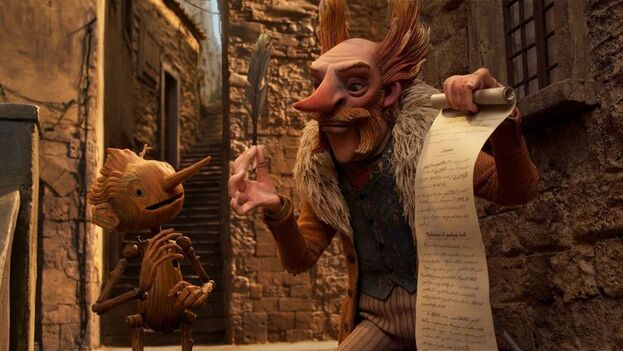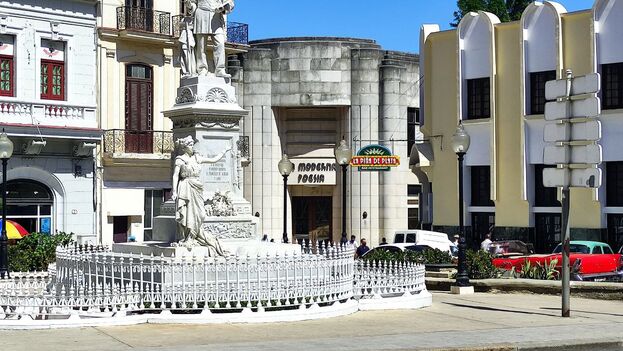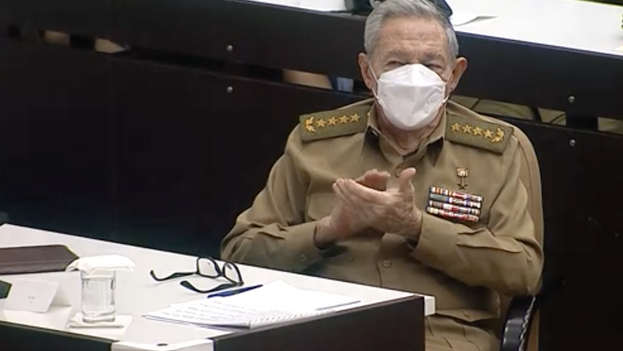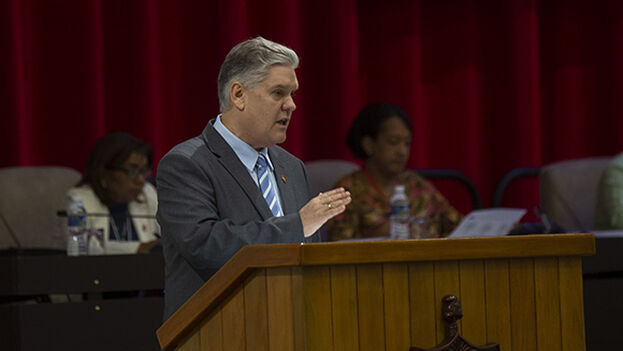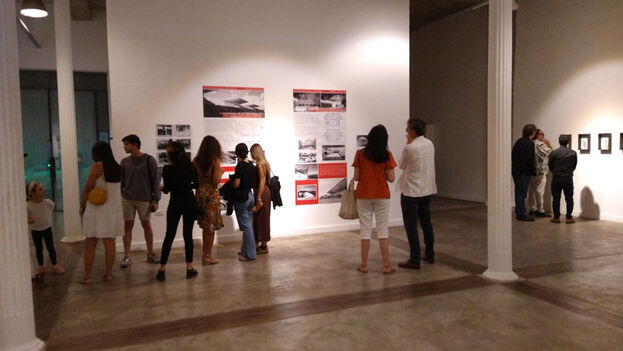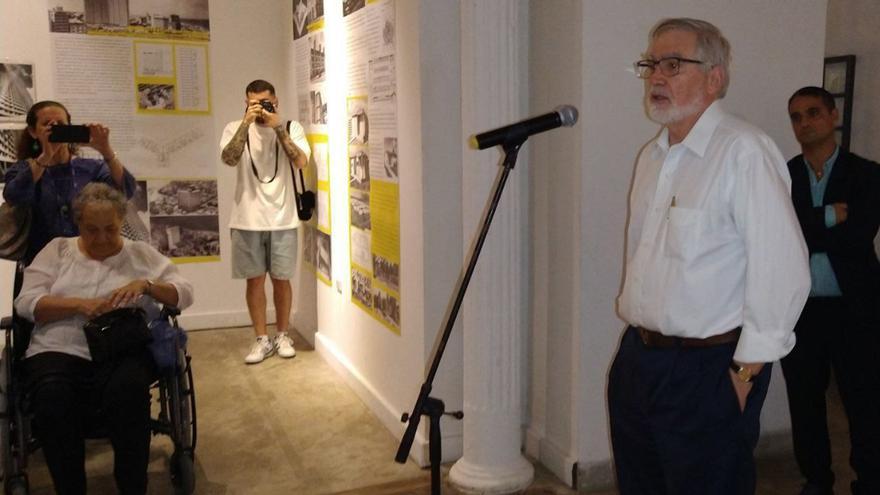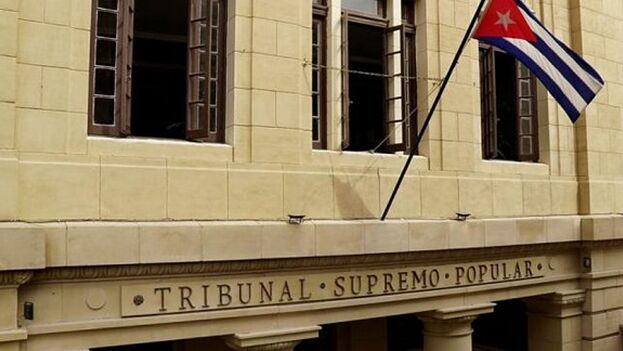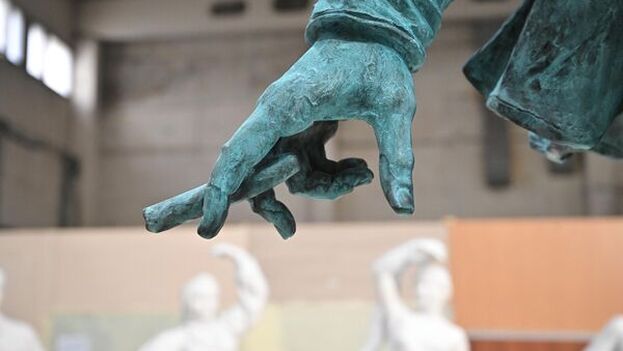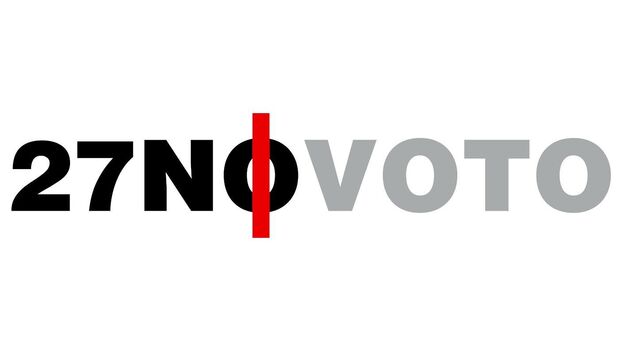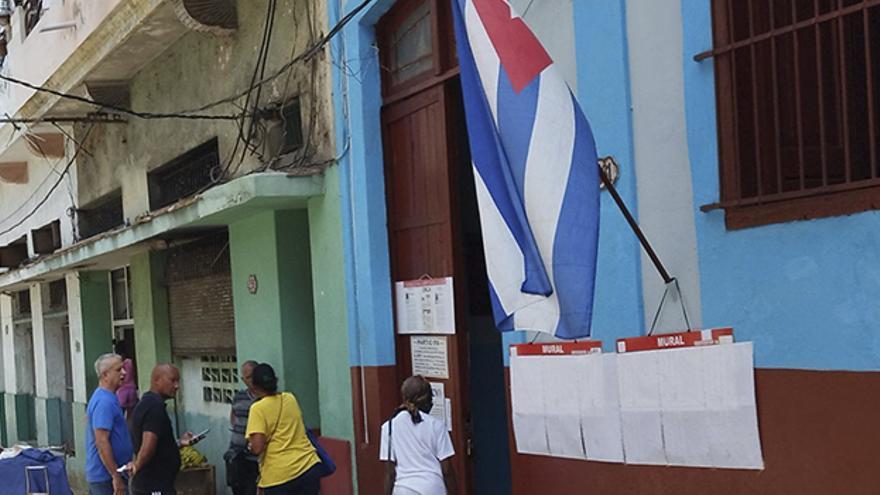
![]() 14ymedio, Reinaldo Escobar, Havana, 27 March 2023 — It is not possible to scientifically or judicially prove that the official results of the voting to approve the delegates to Parliament were fraudulent, but it is difficult to believe them. Even believing it to the letter, the conclusion is that they are the fruit of neither revolutionary enthusiasm nor of the conviction that those candidates will represent the interests of the population.
14ymedio, Reinaldo Escobar, Havana, 27 March 2023 — It is not possible to scientifically or judicially prove that the official results of the voting to approve the delegates to Parliament were fraudulent, but it is difficult to believe them. Even believing it to the letter, the conclusion is that they are the fruit of neither revolutionary enthusiasm nor of the conviction that those candidates will represent the interests of the population.
There will be plenty of time to analyze the numbers in detail and to calculate how much the abstention results were influence by the prior “scrubbing” of the voter registries to reduce them by almost four percentage points relative to the voters registered during the referendum on the Family Code.
In the municipal polls, where the results of the district votes are reconciled, a report is drafted which goes “up to the province.” These proceedings are not public, but the provinces cannot alter their data to achieve a deceitful total without counting on the complicit silence of the members of the electoral polls. The same thing occurs when the provinces submit their reports to the National Electoral Commission. Alina Balseiro, the president of the National Electoral Council cannot inflate the sum of the data that are sent by the provinces, which also are not public, without hundreds of people knowing and maintaining their silence.
It may not qualify as “fraud” that the oppressive atmosphere that sent an undetermined number of voters, who attended for fear of being labeled disaffected, to the polls. But the degree of pretense required to attend that parody of an election knowing that the preferred candidates are not being elected, without believing one bit of the electoral process, being intimately in disagreement with the political system that declares itself valid by “the majority presence at the polls” is evidently fraudulent. It is most similar to those marriage of convenience that the judicial system of most countries annul when the pretense is discovered. continue reading
The submission occurs when faced with the lack of alternatives, or worse, to keep the escape hatch open to the desired alternatives. We will never know how many of those who did not dare abstain opted for behaving well because they are awaiting the conclusion of their parole process to leave to the U.S., or desiring to be sent on an internationalist mission or a sporting or cultural event where they plan on deserting.
Or because their child aspires to go to university or because they are that child; because they cannot survive on their salary, but rather from what they call the “hustle” and their work place offers a way of surviving on corruption and, for that, one must be as invisible as possible.
The victory declared by the dictatorship feeds off of those individual defeats.
Translated by: Silvia Suárez
____________
COLLABORATE WITH OUR WORK: The 14ymedio team is committed to practicing serious journalism that reflects Cuba’s reality in all its depth. Thank you for joining us on this long journey. We invite you to continue supporting us by becoming a member of 14ymedio now. Together we can continue transforming journalism in Cuba.

